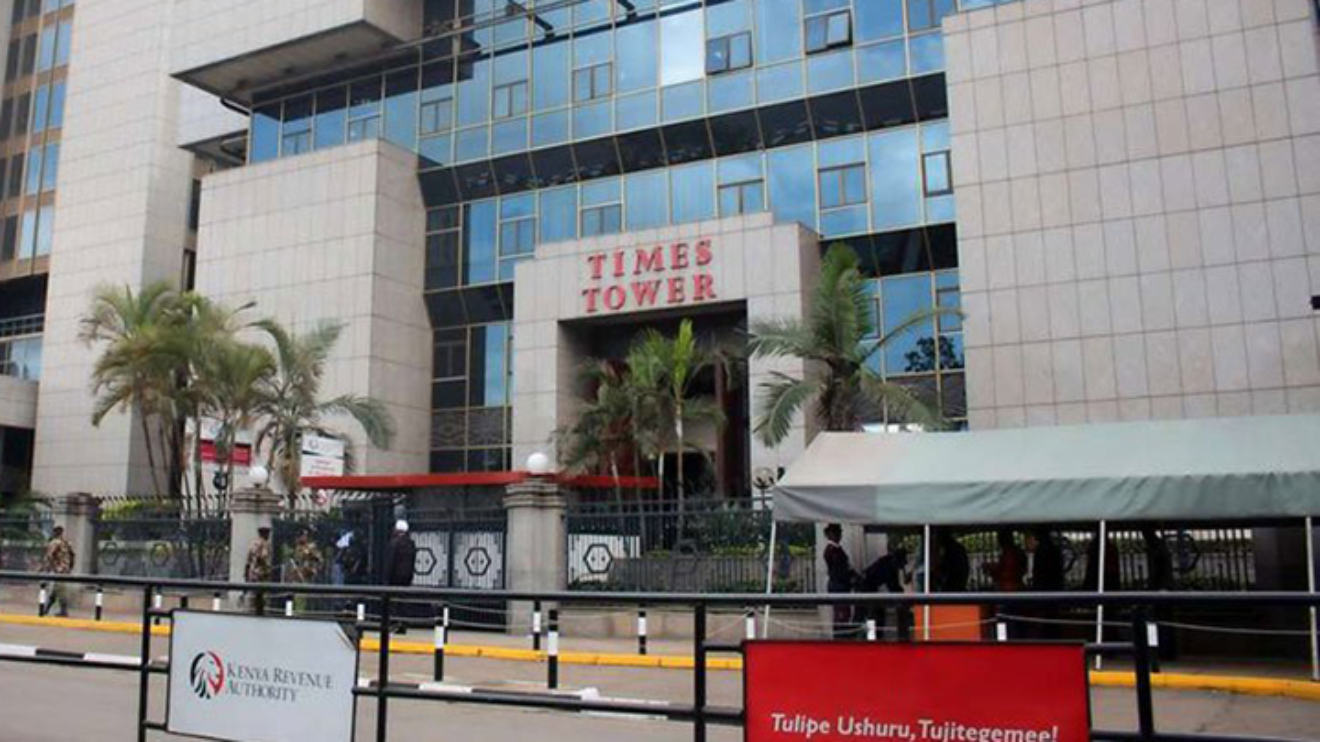A High Court has delivered a significant blow to the Kenya Revenue Authority (KRA) after ruling that its recruitment processes for 1,406 Revenue Service Assistants and 600 graduate trainees were unconstitutional.
The judgment, issued by Justice Musyoka on Friday, has far-reaching implications for the tax agency and its staffing plans.
The legal challenge, filed by Peter Kabinga Orogo in October 2023, centred on the June 2023 recruitment of 1,406 Revenue Service Assistants.
Orogo argued that the selection process violated the Kenyan Constitution by failing to represent the country's diverse population.
Specifically, he highlighted that over 55 per cent of the recruited individuals belonged to just two communities.
Read More
Justice Musyoka upheld Orogo's arguments, finding the recruitment to be in violation of Articles 10, 27, 56, and 232 of the Kenyan Constitution.
"a declaration that the June 2023 recruitment of the 1,406 revenue service assistants was unconstitutional, as it offends the preamble to the Constitution and the provisions of Articles 10, 27, 56 and 232(g)(b)(i) of the Constitution," Musyoka stated.
These articles guarantee national unity, equality, fair competition, and the promotion of a diverse and inclusive public service.
The ruling extends beyond the past recruitment. The court also declared unconstitutional the October 2023 advertisement for 600 graduate trainees.
Justice Musyoka cited the advertisement's age restriction of 28 years as a violation of Articles 10, 27, 56, 232, and 260 of the Constitution, which emphasize equal opportunity and non-discrimination.
"a declaration that the 9th October 2023 advertisement for 600 graduate trainees, to the extent it limits employment opportunities to youth of 28 years, is unconstitutional, as it offends the preamble to the Constitution and Articles 10. 27, 56, 232 and 260 of the Constitution," the court ruled.
The court order has significant consequences. First, it declares the recruitment of both Revenue Service Assistants and graduate trainees null and void.
This means that the positions will need to be re-advertised and filled following a constitutional recruitment process.
Secondly, the court imposes a critical restriction on the KRA.
Justice Musyoka has barred the agency from conducting any further recruitment until it establishes an official policy that ensures ethnic diversity and regional balance in its workforce.
This policy must be developed and implemented within 30 days of the court order.
"an order barring the respondents from recruiting and appointing staff at all levels, until an ethnic diversity and regional balance policy is deployed, giving effect to the values and principles stated in the preamble and Article 232(g)(h)(i) of the Constitution, which policy should be in place within 30 days of this order," the judge ruled.
The ramifications of this judgment are multifaceted. While the immediate concern lies in the disruption to the KRA's staffing plans and potential delays in revenue collection, the long-term impact is potentially more significant.
The ruling serves as a strong reminder to all government agencies of their obligation to adhere to the principles of fairness and inclusivity enshrined in the Kenyan Constitution.
It paves the way for a more representative and diverse public service in Kenya.







-1757663582.jpeg)
